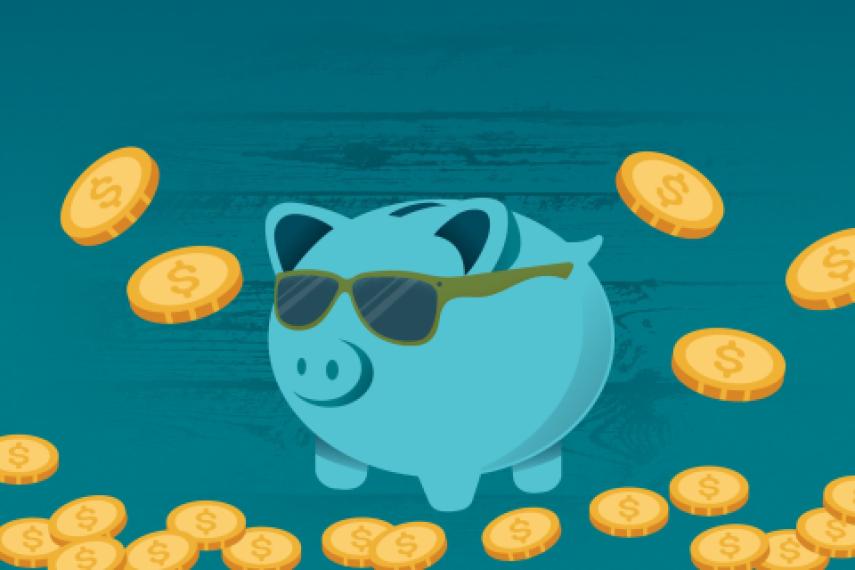
Coins, bills, dollar signs, checkbooks and credit cards may seem routine to adults, but for children, they can be puzzling. If you’ve ever talked with a curious preschooler about money, you’ve likely heard some creative ideas — like thinking money can be printed when it runs out or believing that 20 pennies are worth more than one quarter. As a parent, you have an important role in helping your child build a strong foundation in financial literacy through simple, everyday experiences.
Practice Handling Money
Even before children fully understand how money works, they can benefit from using it in real-life situations. At the store, let your child hand over the cash and receive the change. This reinforces the idea of spending money in exchange for goods.
At home, give young children a piggy bank and coins to play with — as long as they’re past the stage where coins pose a choking hazard. Sorting coins by type is a great early activity to build familiarity, even if they don't yet understand each coin’s value.
Learn the Value of Money
Preschoolers can begin to grasp that coins and bills have specific values. Start simple: teach them that 100 pennies equal $1. Then gradually introduce other coins and bills.
Try having kids group coins into piles with equal value to help them understand how different coins can add up to the same amount. Turn it into a game by asking how many ways they can make, for example, 25 cents.
Balance Spending and Saving
Once your child understands how much money they have, they can start learning to save for items they want. Explain that saving money means having the funds to buy something later. Share examples of things you save for, and help your child brainstorm ideas of what they might like to save for.
Make sure your child has a place to save. A piggy bank works well for younger kids, but once they begin saving larger amounts — around $20 or more — consider opening a savings account at a bank or credit union. It’s a great way to introduce the concept of deposits and help build lifelong habits.
Encourage Smart Money Choices
It’s natural for children to make mistakes when they begin managing money, but each mistake is a learning opportunity. Use these moments to talk about comparing prices, distinguishing needs from wants and saving for something truly meaningful.
With your support and guidance, children can grow into confident, thoughtful money managers. The earlier they begin learning, the better prepared they’ll be to make wise financial decisions throughout life.
